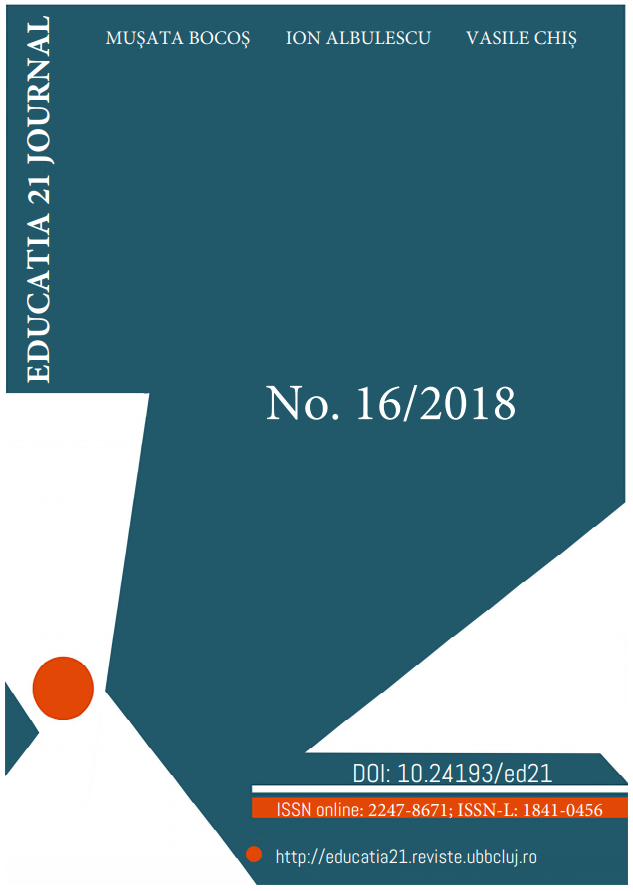The contribution of an intervention program for improving quality of life of older adults
The contribution of an intervention program for improving quality of life of older adults
Author(s): Rona Bar-Netzer, Muşata BocoşSubject(s): Education, Psychology, Behaviorism, Health and medicine and law, Gerontology
Published by: Universitatea Babeş-Bolyai
Keywords: FORCE program; Quality of life; older adults; psycho-education;
Summary/Abstract: This paper discusses the contribution of a new intervention program for older adults (FORCE), developed by the author (Schwartzman Bar-Netzer, 2016). The FORCE Program represents an innovative approach to health promotion with older adults integrating psycho-education and exercising core muscles, for improving everyday quality of life (QOL). The research conceptual framework is based on The Whole Person Wellness Model (Kang & Russ, 2009) and the TransTheoretical Model -Stages of Change (Prochaska, et. al., 2008). 95 women and 11 men aged 60-90 participated in the program for 12 months. Two experimental groups- one of core muscle workout (CM: n = 28) and one with home equipment (CMI: n = 59), and a control group (CoG: n = 19) participated in the research. The research tool was the SF-36 Health Survey Quality of Life Questionnaire (Bentor & Epshtein, 2001) before and after the intervention program. Eight parameters of QOL were examined: Physical functioning, Limited physical health, Limited emotional health, Energy, Emotional wellbeing, Social functioning, General health, Pain. The results show significant improvement, following the program, on 7 of the 8 parameters related to QOL in the 2 experimental groups compared to the control group. These findings were further supported in the research when participants reported undergoing significant improvement in their quality of life and their capabilities in everyday activities. The research conclusions hold the potential for developing new methods to substantially improve the quality of life and well-being of this growing population on whom there is limited empirical research.
Journal: Educatia 21
- Issue Year: 2018
- Issue No: 16
- Page Range: 139-144
- Page Count: 6
- Language: English

